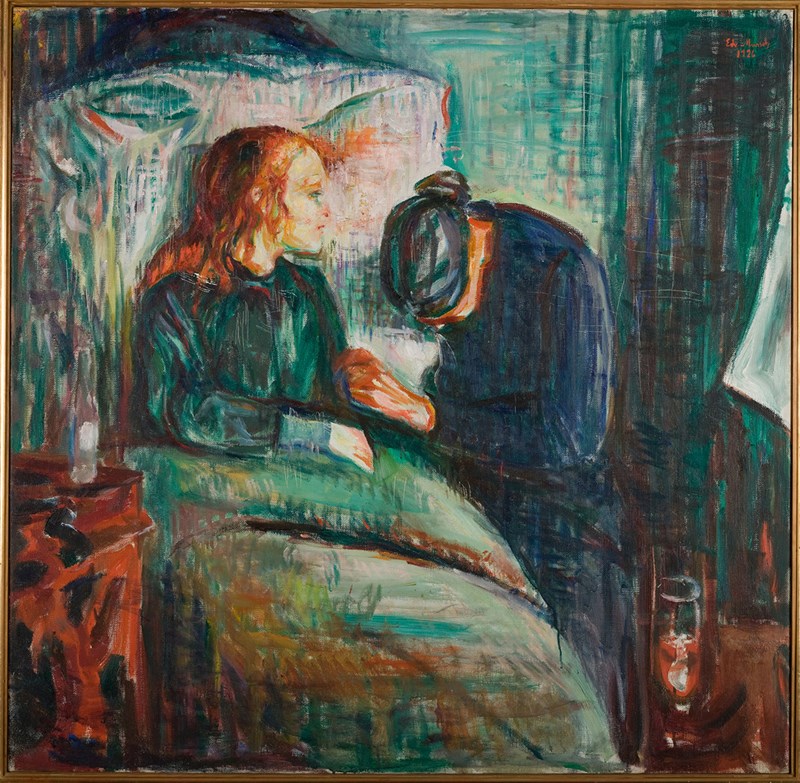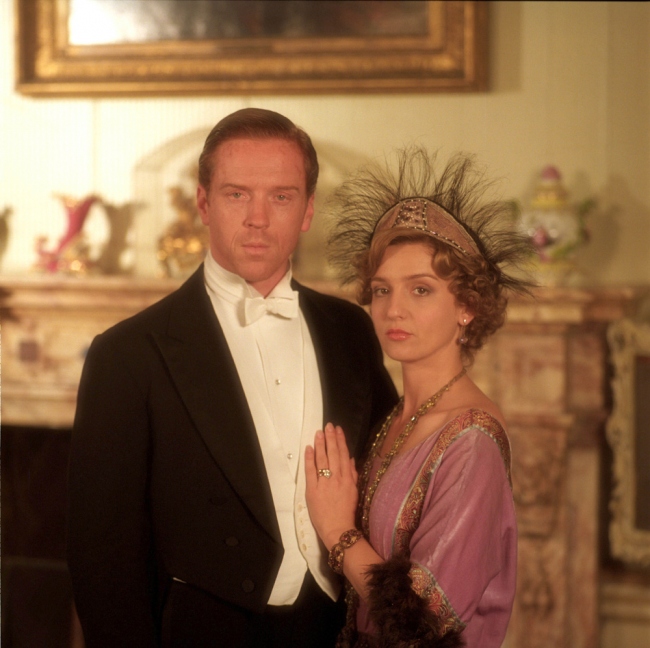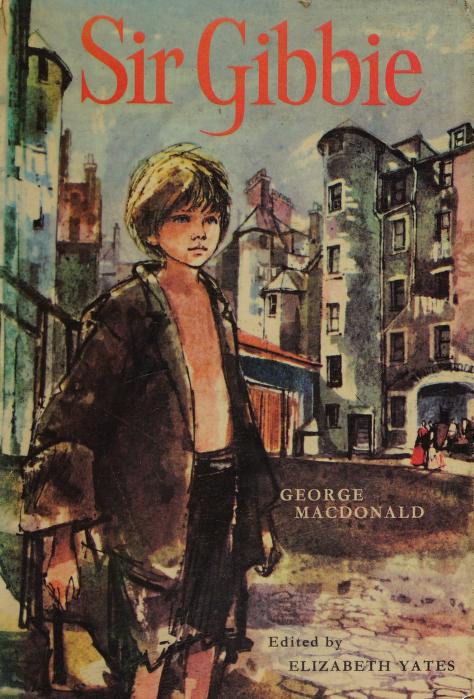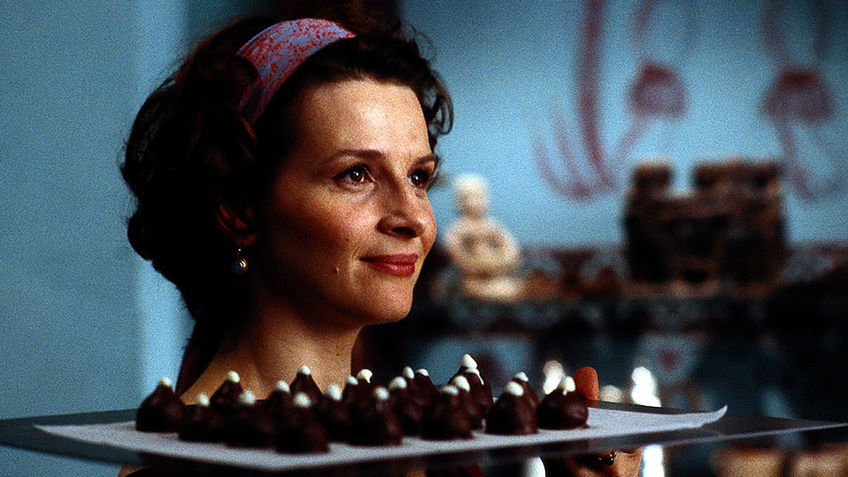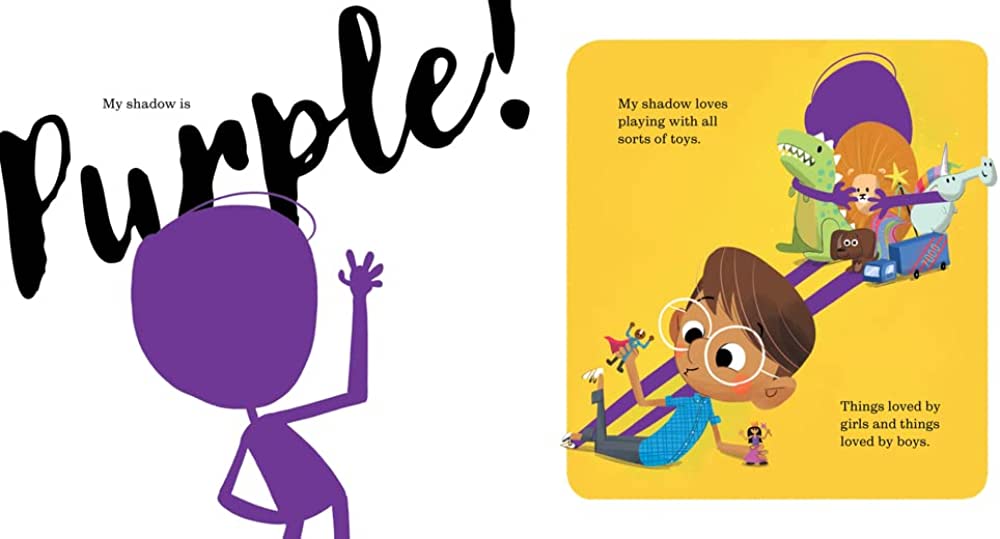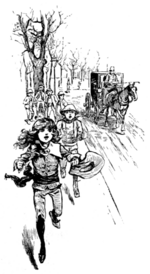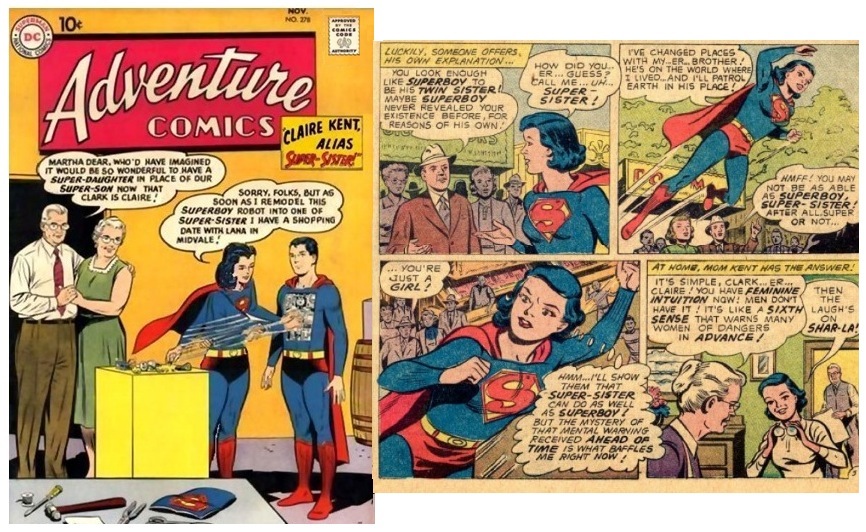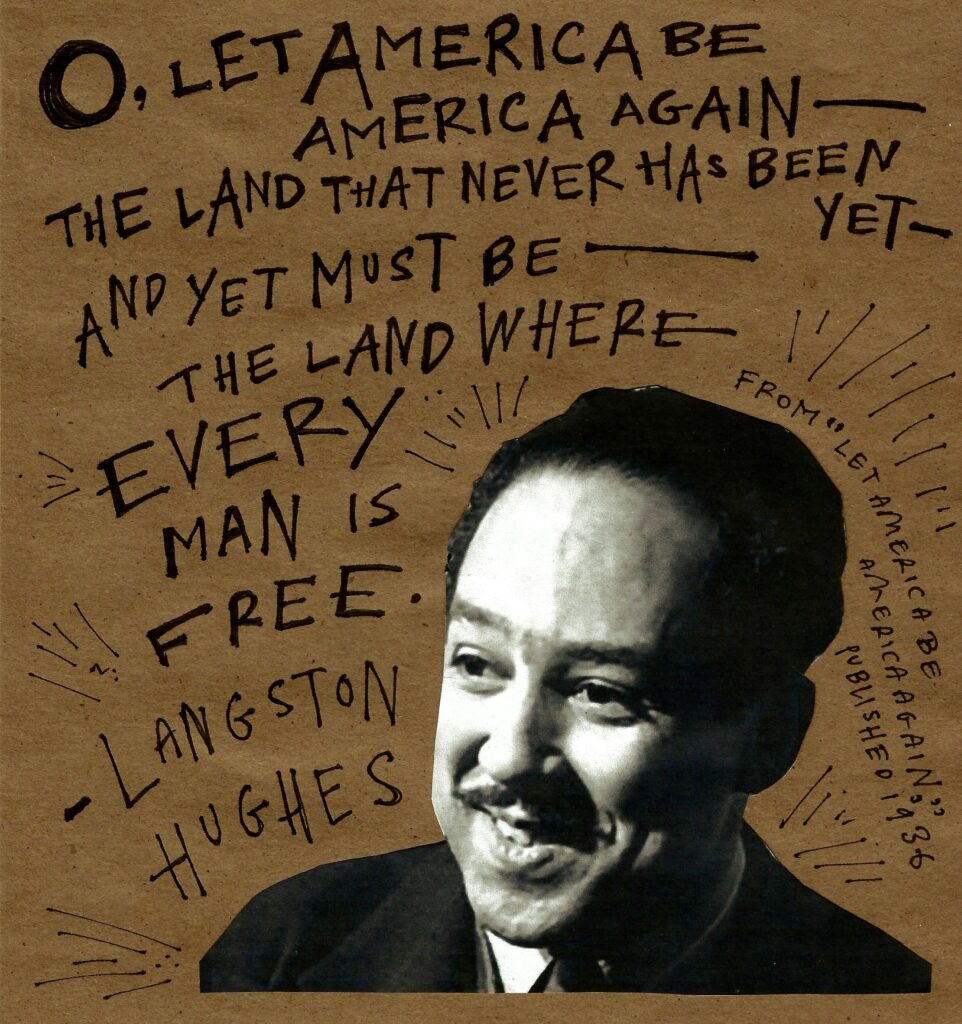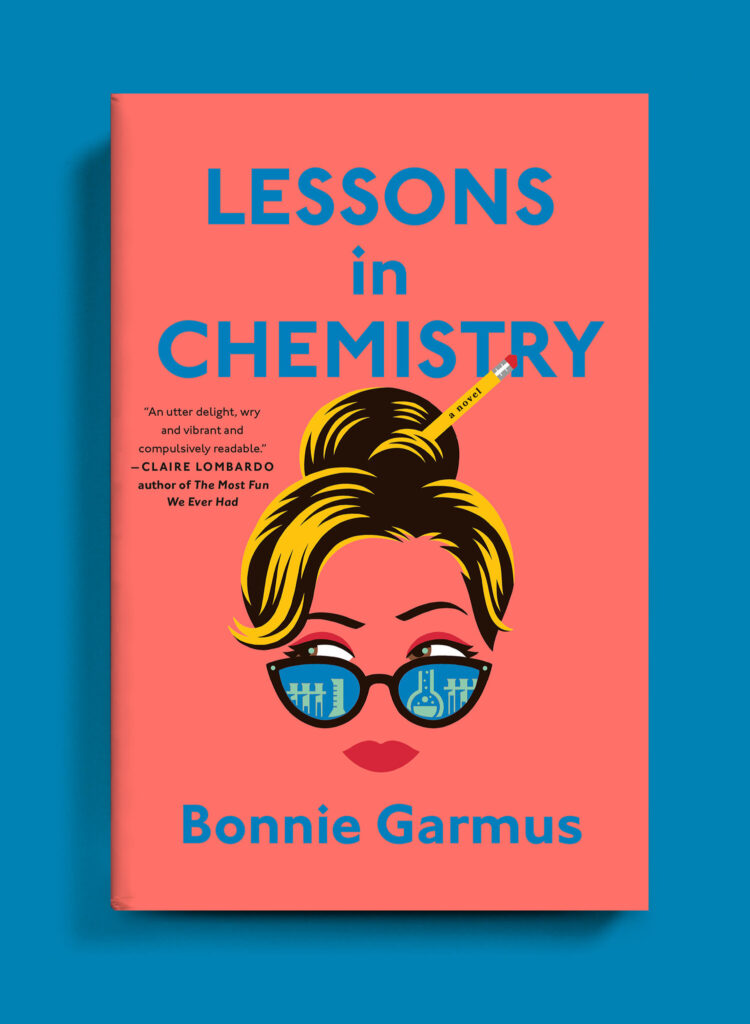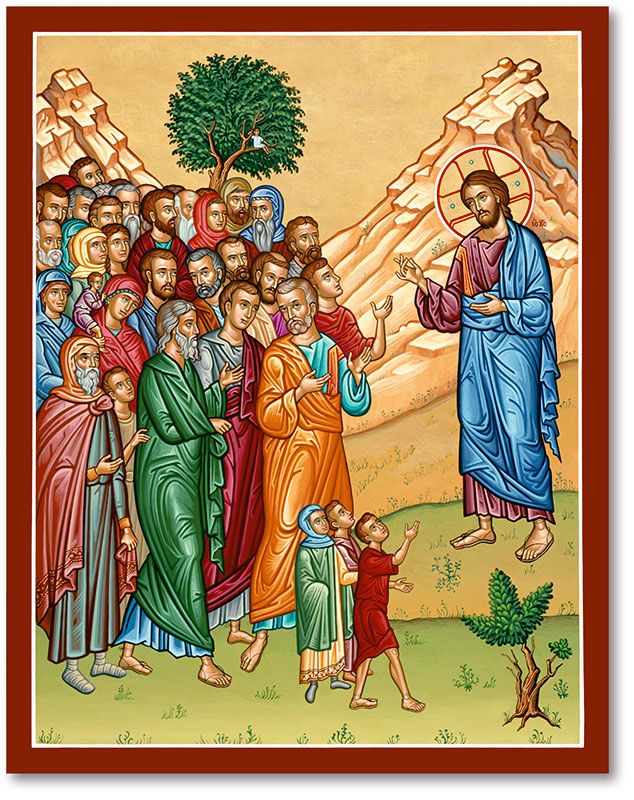Note: If you wish to receive, via e-mail, (1) my weekly newsletter or (2) daily copies of these posts, notify me at [email protected] and indicate which you would like. I promise not to share your e-mail address with anyone. To unsubscribe, send me a follow-up email.
Tuesday
I’ve recently been immersing myself in 19th century novels and am struck by the frequent mentions of death by disease. Perhaps such deaths were more prominently featured than in previous centuries because the Victorians sensed, thanks to the scientific revolution, that the future held answers. And if that were the case, illness was no longer all in the hands of God but had a human dimension, which is what novels specialize in.
Victorian optimism has in fact been borne out as we no longer fatalistically resign ourselves to death by the plague, tuberculosis, typhus, cholera, smallpox, measles, polio, and other once dreaded diseases. I think of a passage from Mary Oliver’s visit to a dying friend at “University Hospital, Boston” where she reflects back upon those Civil War doctors who
did what they could, longing
for tools still unimagined, medicines still unfound,
wisdoms still unguessed at…
Yes, they longed—as previous centuries had not—because medical science gave them reason to believe cures were possible. For her part, Oliver longs for yet one more tool or medicine that will save her friend.
Could these doctors have predicted that future Americans, having benefited from “these wisdoms still unguessed at,” would then want to reject them? With Robert Kennedy, Jr., of all people, demonizing these wise men and women, it behooves us to acknowledge all that we have achieved. Reading novels where characters die of illnesses is one way to remind ourselves why we don’t want to go back.
I single out Kennedy because he appears to be running against Joe Biden for the Democratic presidential nomination and is polling somewhere between eight and twenty-one percent. In a New Yorker article/interview, editor David Remnick notes that Kennedy “is roiling with conspiracy theories: S.S.R.I.s like Prozac might be the reason for school shootings, vaccines cause autism.” Remnick says that Kennedy’s 2021 book The Real Anthony Fauci accuses Fauci, who was vital in ending the A.I.D.s epidemic and who played a major role in fighting Covid, of helping carry out “2020’s historic coup d’état against Western democracy.”
I don’t know enough about Kennedy to know about the various ways he himself has benefited from modern medicine, from his mother’s delivery onward—reportedly he had his own children vaccinated—but crusaders like him don’t pay attention to science’s benefits. Instead, for reasons of their own, they focus their attention on this or that cure, perhaps to boost their profiles or scratch some paranoid itch. I think of them as parasites, getting free rides on the herd immunities society has achieved and using that freedom to attack the host. It’s a syndrome not unheard of in people who have lived lives of privilege.
What we do know is that, if they are influential, they can end up with blood on their hands. For instance, a Kennedy-founded organization, Children’s Health Defense, spread misinformation in Samoa about a measles vaccine that contributed to an outbreak that killed over 50 babies and toddlers. And perhaps 200,000 fewer Americans would have died if people like Kennedy had supported rather than attacked Covid vaccines.
But rather than cite statistics, which can feel lifeless, here are some passages from 19th century novels that remind us what life used to be like. I’ve also included passages from an 18th century and a 20th century novel so that we can add the bubonic plague and polio to the mix. To lighten this otherwise grim subject, I’ve turned this into a quiz, identifying the works only at the end of the post. Can you identify them?
Bubonic Plague
While the bed was airing the mother undressed the young woman, and just as she was laid down in the bed, she, looking upon her body with a candle, immediately discovered the fatal tokens on the inside of her thighs. Her mother, not being able to contain herself, threw down her candle and shrieked out in such a frightful manner that it was enough to place horror upon the stoutest heart in the world; nor was it one scream or one cry, but the fright having seized her spirits, she—fainted first, then recovered, then ran all over the house, up the stairs and down the stairs, like one distracted, and indeed really was distracted, and continued screeching and crying out for several hours void of all sense, or at least government of her senses, and, as I was told, never came thoroughly to herself again. As to the young maiden, she was a dead corpse from that moment, for the gangrene which occasions the spots had spread [over] her whole body, and she died in less than two hours. But still the mother continued crying out, not knowing anything more of her child, several hours after she was dead. It is so long ago that I am not certain, but I think the mother never recovered, but died in two or three weeks after.
Typhus
Miss Temple’s whole attention was absorbed by the patients: she lived in the sickroom, never quitting it except to snatch a few hours’ rest at night. The teachers were fully occupied with packing up and making other necessary preparations for the departure of those girls who were fortunate enough to have friends and relations able and willing to remove them from the seat of contagion. Many, already smitten, went home only to die: some died at the school, and were buried quietly and quickly, the nature of the malady forbidding delay.
Cholera
After that appalling things happened, and the mysteriousness of the morning was explained to Mary. The cholera had broken out in its most fatal form and people were dying like flies. The Ayah had been taken ill in the night, and it was because she had just died that the servants had wailed in the huts. Before the next day three other servants were dead and others had run away in terror. There was panic on every side, and dying people in all the bungalows.
Childbirth
As Oliver gave this first proof of the free and proper action of his lungs, the patchwork coverlet which was carelessly flung over the iron bedstead, rustled; the pale face of a young woman was raised feebly from the pillow; and a faint voice imperfectly articulated the words, “Let me see the child, and die.”…
The surgeon deposited it in her arms. She imprinted her cold white lips passionately on its forehead; passed her hands over her face; gazed wildly round; shuddered; fell back—and died. They chafed her breast, hands, and temples; but the blood had stopped forever. They talked of hope and comfort. They had been strangers too long.
Tuberculosis
There were tears in many eyes, but not in Carol’s. The loving heart had quietly ceased to beat, and the “wee birdie” in the great house had flown to its “home nest.” Carol had fallen asleep!
Scarlet Fever
With tears and prayers and tender hands, Mother and sisters made her ready for the long sleep that pain would never mar again, seeing with grateful eyes the beautiful serenity that soon replaced the pathetic patience that had wrung their hearts so long, and feeling with reverent joy that to their darling death was a benignant angel, not a phantom full of dread.
When morning came, for the first time in many months the fire was out, Jo’s place was empty, and the room was very still. But a bird sang blithely on a budding bough, close by, the snowdrops blossomed freshly at the window, and the spring sunshine streamed in like a benediction over the placid face upon the pillow, a face so full of painless peace that those who loved it best smiled through their tears, and thanked God that Beth was well at last.
Smallpox
“It’s turned wery dark, sir. Is there any light a-comin?”
“It is coming fast, Jo.”
Fast. The cart is shaken all to pieces, and the rugged road is very near its end.
“Jo, my poor fellow!”
“I hear you, sir, in the dark, but I’m a-gropin—a-gropin—let me catch hold of your hand.”
“Jo, can you say what I say?”
“I’ll say anythink as you say, sir, for I knows it’s good.”
“Our Father.”
“Our Father! Yes, that’s wery good, sir.”
“Which art in heaven.”
“Art in heaven—is the light a-comin, sir?”
“It is close at hand. Hallowed be thy name!”
“Hallowed be—thy—”
The light is come upon the dark benighted way. Dead!
Dead, your Majesty. Dead, my lords and gentlemen. Dead, right reverends and wrong reverends of every order. Dead, men and women, born with heavenly compassion in your hearts. And dying thus around us every day.
Polio
[Bucky] could hear a siren in the distance. He heard sirens off and on, day and night now . . . These were the sirens of ambulances going to get polio victims and transport them to the hospital, sirens stridently screaming, “Out of the way—a life is at stake!” Several city hospitals had recently run out of iron lungs, and patients in need of them were being taken to Belleville, Kearny, and Elizabeth until a new shipment of the respirator tanks reached Newark.
In Journal of the Plague Year, Defoe talks about quacks, those forerunners of people pushing Ivermectin and hydroxychloroquine, who
had the folly to trust to their own medicines, which they must needs be conscious to themselves were good for nothing, and who rather ought, like other sorts of thieves, to have run away, sensible of their guilt, from the justice that they could not but expect should punish them as they knew they had deserved.
To them and to all anti-vaxxers—including those responsible for the children in Samoa and all the unnecessary Covid victims— I repeat Dickens’s outrage:
Dead, your Majesty. Dead, my lords and gentlemen. Dead, right reverends and wrong reverends of every order. Dead, men and women, born with heavenly compassion in your hearts. And dying thus around us every day.
Answer Key
Bubonic Plague – Daniel Defoe, Journal of the Plague Year
Typhus – Charlotte Bronte, Jane Eyre
Cholera – Frances Hodgson Burnett, The Secret Garden
Childbirth – Charles Dickens, Oliver Twist
Tuberculosis – Kate Douglas Wiggin, The Birds’ Christmas Carol
Scarlet Fever – Louisa May Alcott, Little Women
Smallpox – Charles Dickens, Bleak House
Polio – Philip Roth, Nemesis
